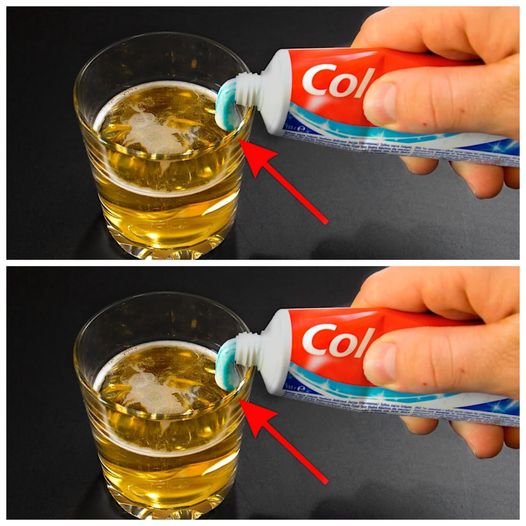ADVERTISEMENT
Beer is one of the oldest and most widely consumed alcoholic drinks in the world.
It is also the third most popular drink overall after water and tea. Beer is brewed from cereal grains—most commonly from malted barley, though wheat, maize (corn), and rice are also used. During the brewing process, fermentation of the starch sugars in the wort produces ethanol and carbonation in the resulting beer. Most modern beer is brewed with hops, which add bitterness and other flavours and act as a natural preservative and stabilizing agent.
Other flavoring agents such as grit, herbs, or fruits may be included or used instead of hops. In commercial brewing, the natural carbonation effect is often removed during processing and replaced with forced carbonation.
Beer is one of the most popular drinks. Thousands or even millions of people in the world have drunk it. In addition, interest in craft beers is growing more each day, as breweries and local microbreweries keep cropping up. With all this interest in beer, many people are asking the question. Then does beer cause discoloration of teeth? But apparently not all types can cause tooth discoloration, and here are some types of beer and the risk of tooth discoloration
Light Beers
Light Beers is a beer (usually a Pilsner) that is reduced in alcohol content or in calories compared to regular beers. Light beers may be chosen by beer drinkers who wish to manage their alcohol consumption or their calorie intake. However, they are sometimes criticised for being less flavourful than full-strength beers, or for tasting or actually being watered down.
the rest on next page
ADVERTISEMENT
